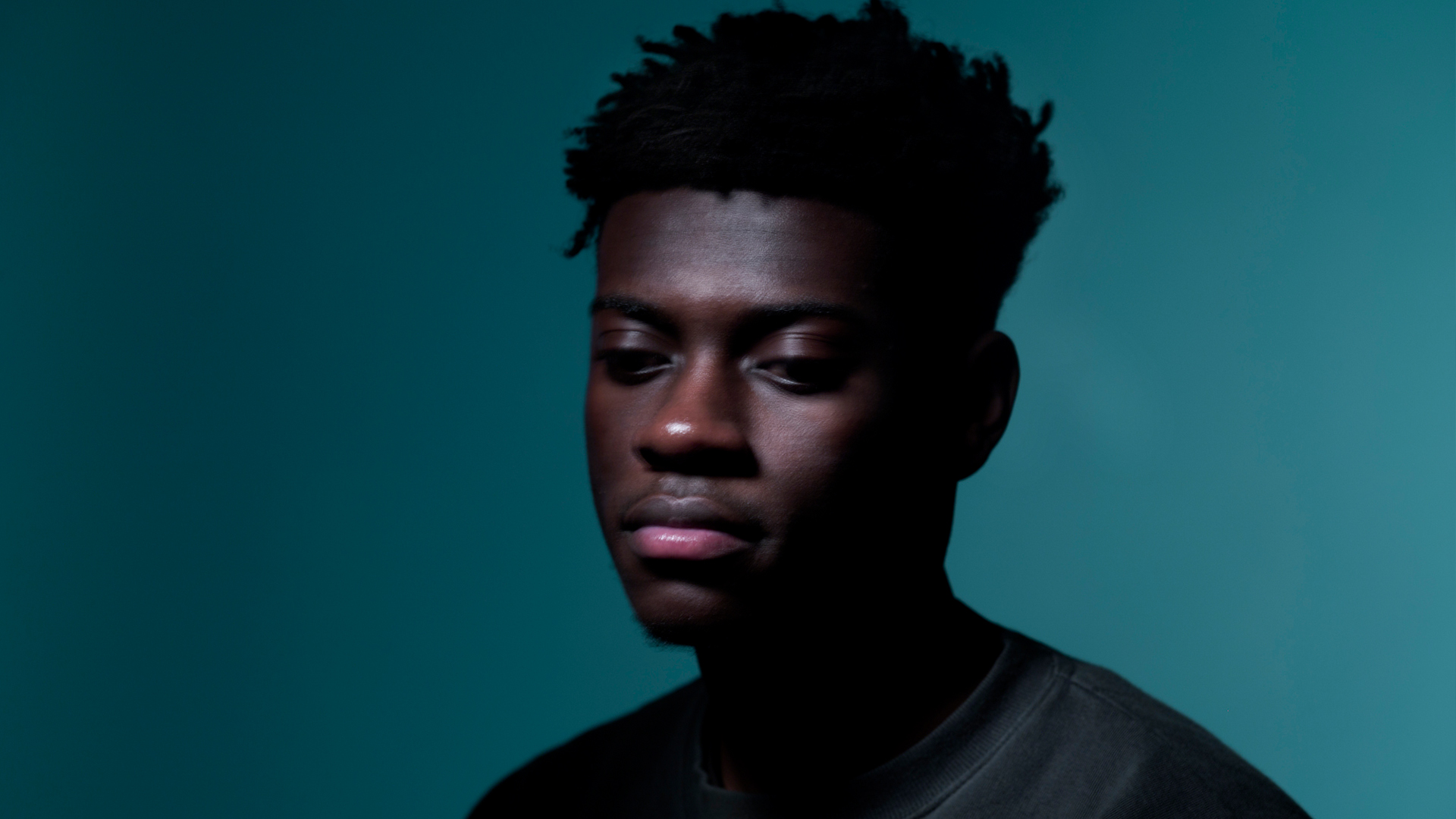It’s no secret, living within the realms of a pandemic and widespread uncertainty has been extremely challenging for just about everyone. From the decline in social interaction, to widespread job cuts, to the Great Resignation, to high rates of inflation, to the volatility of the stock market, many external factors in today’s world seem to be highly unstable and unpredictable.
Living in a world like this, in combination with everyday struggles and simply being a Black man in America, is probably one of the greatest challenges of all. And unfortunately, the effects of this challenge are rearing its head in the most tragic way possible: suicide rates among Black men are rising faster than any other demographic group.
According to the Suicide Prevention Research Center, as of 2019, the suicide rate among Black men was four times higher than the suicide rate of Black women. And although Black men are less likely to report thoughts of suicide and construct a suicide plan, the suicide attempt rate among Black men is still the highest in the United States. The same is true in Black youth populations.
In an interview with Defender Network, therapist Nettie Jones, MS, LPC, explains “Unfortunately Black men often suffer in silence. They don’t seek out the help that sometimes women will reach out to get. We’ll call our girlfriends, let them know that things are not okay. But unfortunately Black men tend not to do that. They hold things in, they self-medicate, they are workaholics. They kind of do stuff that’s not very healthy.”
Because of this hidden internal struggle, suicide will often come as a gruesome shock to family members and friends that are left behind to grieve. Looking back, they will often feel like everything was fine and search through confusion to understand how they missed the signs. Jones explains, “Everybody knows how to put that mask on. When you walk out, you put it on. When you come home, for some men, you put it on. And everything is fine, until it’s not.”
We’re only in the month of February, and it seems that this year has already been plagued by shocking and heartbreaking stories of suicide. Academy award-winning actress, Regina King, lost her only son, Ian Alexander, Jr., Jan. 21st. And since then, former Miss USA 2019 Cheslie Kryst and Miss Alabama Zoe Sozo Bethel have also tragically passed.
But as we continue to navigate the challenges of this unpredictable world, let us all commit to doing our best to make a change. Let us commit to opening up a transparent dialogue around mental and emotional health within our families and circle of friends. Let us commit to continuing to normalize the use of therapy within the Black community – along with the presence of more therapists of color. Let us commit to really checking up on one another, lending an open ear and an open heart to really listen. Now, more than ever, this is what is truly needed.
